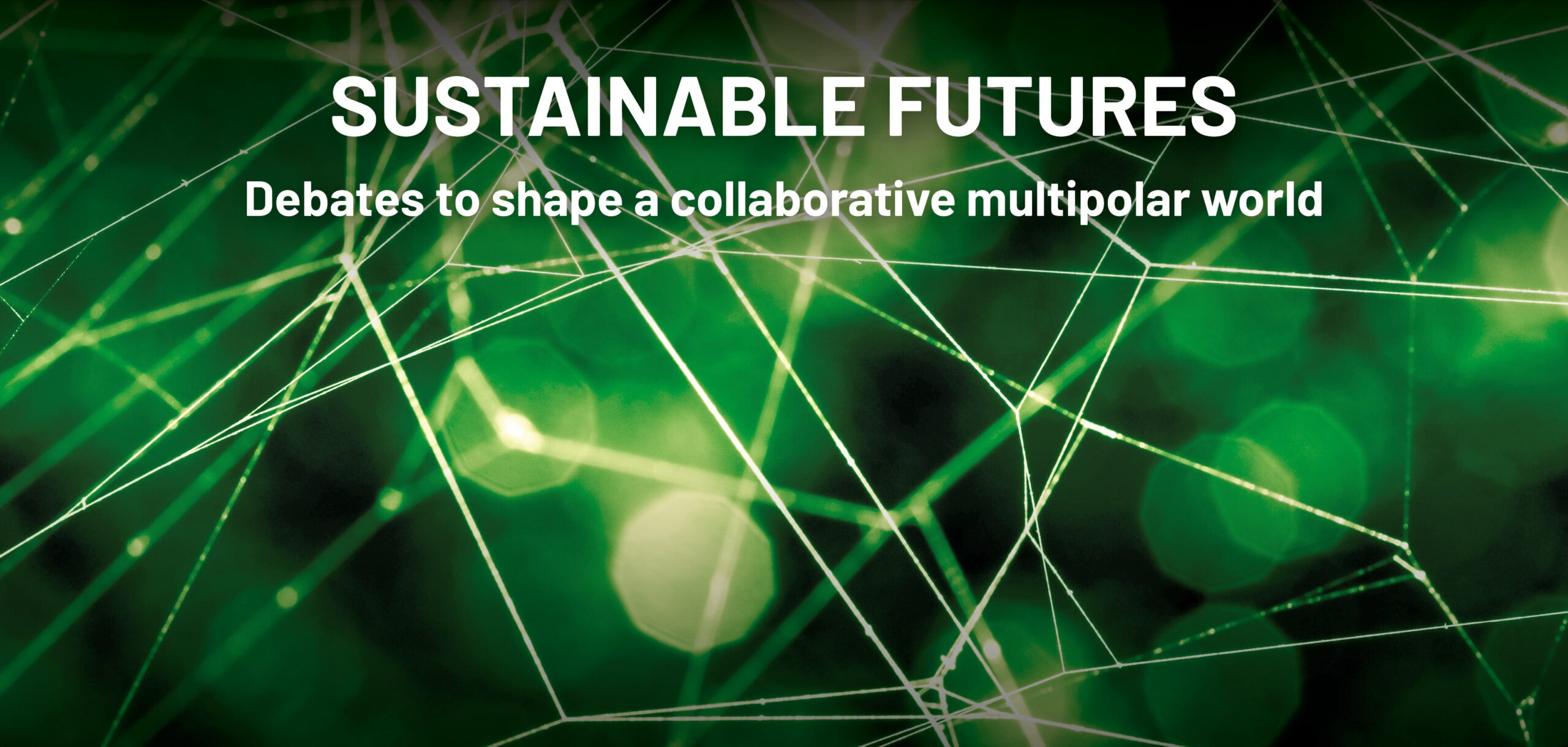
Almost a year-long T20 process concluded last week, setting the stage for the Argentinean Presidency of G20 hosting the Summit. The process of T20 was led by the Argentinean Council for International Relations (CARI) and the Center for the Implementation of Public Policies Promoting Equity and Growth (CIPPEC). On the lines of the excellent precedence set up by the T20 during the German G20 Presidency in 2017, T20 Argentina also organised its work around 10 Task Forces with participation of more than 150 think-tanks. The process brought out 80 Policy Briefs. Unlike earlier, the T20 Co-Chairs could also present the final communiqué from T20 to the President of Argentina.
-
T20 must Rediscover before becoming Irrelevant
-
Can think tanks save the world – and should they?

In mid-September, Buenos Aires hosted an interesting and innovative event, organized by a variety of think tanks: the Think20 Summit. A total of about one thousand participants from almost 70 countries dealt with the topics of the G20 summit, which will take place in Buenos Aires at the end of November. The Argentine government has made the future of work, sustainable food supply, infrastructure and gender justice its priorities.(mehr …)
-
T20 – Cooperation to overcome the challenges to multilateralism?

The T20 summit assembled 1000 researchers from 68 countries during the past two days in Buenos Aires, Argentina, to present policy recommendations on issues such as future of work, climate action, trade and social inclusion. A joint communique was handed over to G20 Chair and Argentinean President Mauricio Macri that called for more engagement to overcome the challenges faced by multilateral cooperation in all these areas.
(mehr …)
-
Latin American cooperation towards the G20 Summit in Buenos Aires

What might become of Latin America’s presence in the G20 following Argentina’s presidency? If previous attempts to forge a common platform for Argentina, Brazil and Mexico have not left a lasting memory, perhaps this time around it looks different? Indeed, the Sherpas decided to tighten dialogue since fall 2017 with the view to “translate different regional outlooks into a representative stance” that hopefully could spill over onto the next G20 presidency.
(mehr …)
-
The ‘China Shock’ : Three Phases of China-enhanced Globalization

The rising living standards that have come with China’s opening in the 1980s initially lent widespread support to the view of trade as a key engine of economic growth, North and South. For low- and middle-income countries, the rise of China has been shown to be a boon during the 2000s. As a result, the impact of China on both the low- and middle-income countries has grown significantly, while the impact of OECD countries has significantly declined.
(mehr …)

